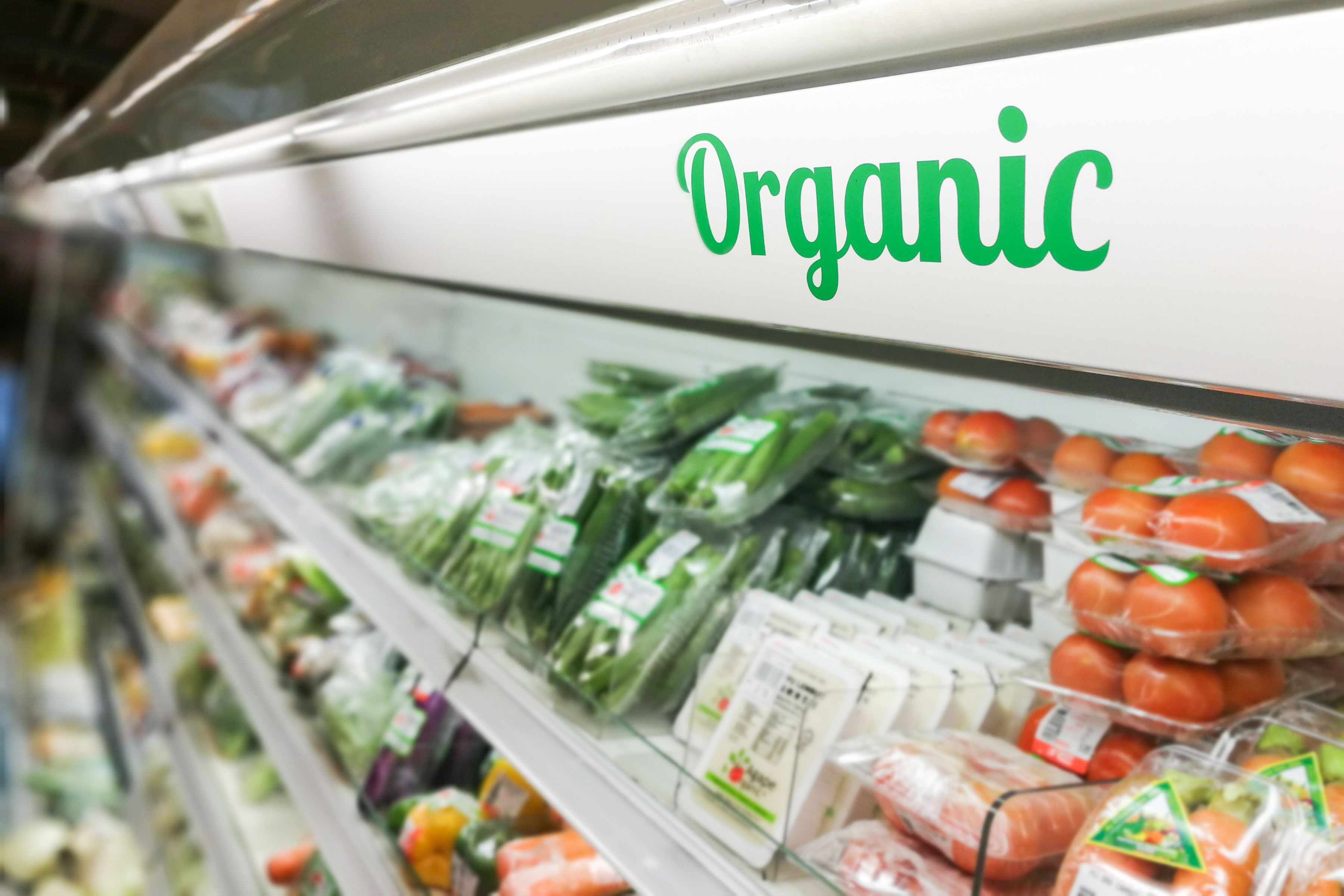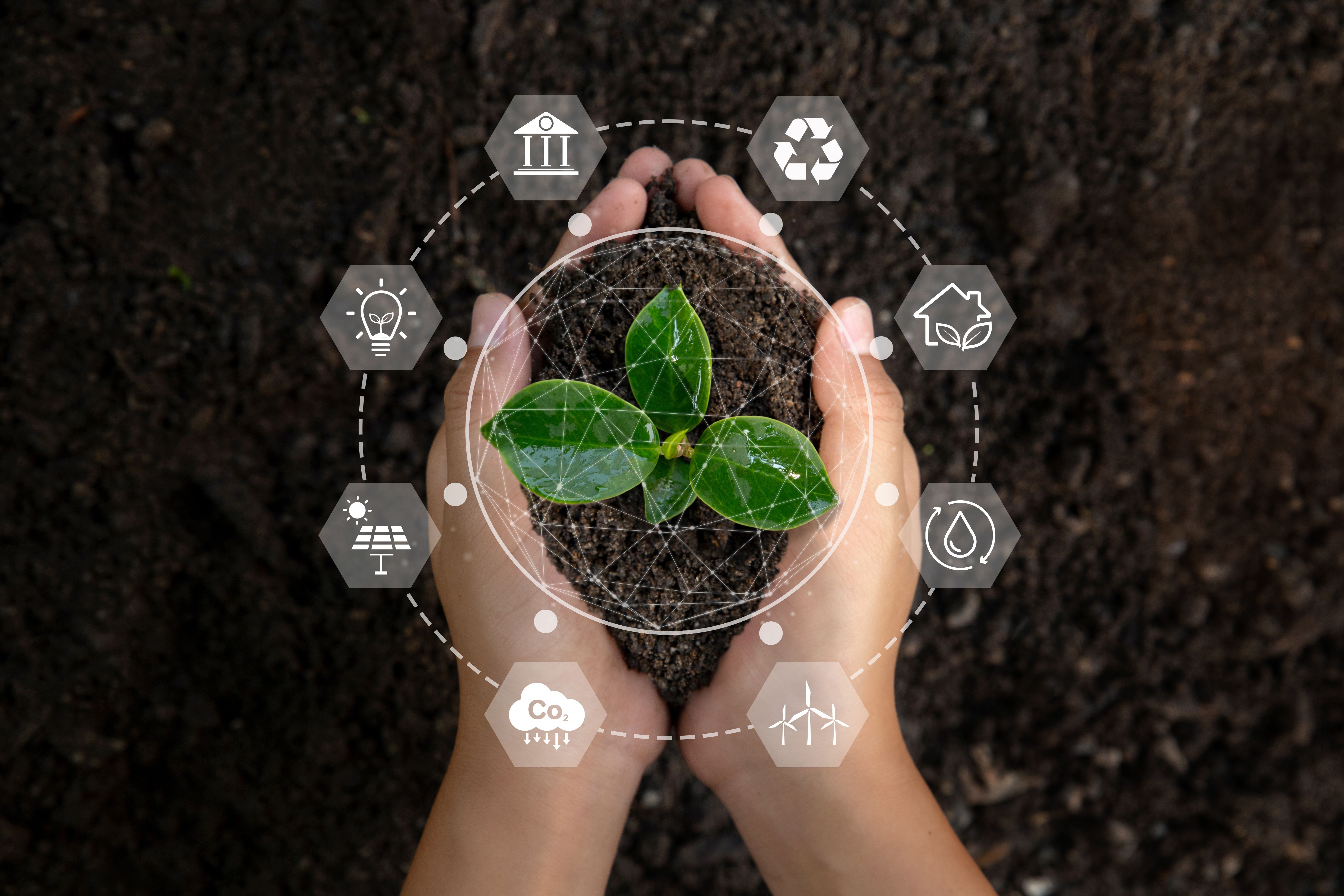The Hidden Dangers in Healthy Eating: Why Growing Your Own Food Matters
The Illusion of Healthy Eating
In today's health-conscious world, many people strive to make better dietary choices by opting for what they believe are healthier food options. However, the hidden dangers in healthy eating often go unnoticed. What many don't realize is that the journey from farm to table can involve numerous processes and additives that compromise the nutritional value of even the healthiest foods.

The Pitfalls of Processed Health Foods
While packaged foods marketed as "low-fat," "organic," or "natural" may seem like wise choices, they can still contain high levels of sodium, sugar, and preservatives. These elements are often included to extend shelf life and enhance taste but can detract from the nutritional benefits we seek. This can lead to a false sense of healthiness when consuming these products.
Moreover, the labeling can be misleading. For instance, a product labeled as "organic" doesn't guarantee that it's free of unhealthy additives. Understanding labels and knowing what's truly inside your food is crucial for making informed decisions.
The Benefits of Growing Your Own Food
Growing your own food offers an antidote to the uncertainty and potential hazards associated with store-bought produce. When you cultivate your own garden, you have full control over what goes into your soil and onto your plants. This eliminates the risk of harmful pesticides and chemicals, ensuring that your food is truly fresh and nutritious.

Moreover, homegrown produce is often richer in flavor and nutrients. The freshness of food directly harvested from your garden cannot be matched by items that have traveled long distances to reach supermarket shelves.
Environmental Impact and Sustainability
Another significant advantage of growing your own food is its positive impact on the environment. By reducing reliance on mass-produced goods, you contribute to a decrease in energy consumption and carbon emissions associated with transportation and packaging. This sustainable practice not only benefits your health but also the planet.
Additionally, maintaining a garden can promote biodiversity. By choosing a variety of plants, you can support local wildlife and contribute to a healthier ecosystem.

Simple Steps to Start Your Own Garden
Starting your own garden doesn't have to be an overwhelming task. Here are some simple steps to help you get started:
- Identify a sunny spot in your yard or use containers if space is limited.
- Choose easy-to-grow crops like tomatoes, lettuce, or herbs.
- Research organic gardening techniques to maintain a healthy soil balance.
- Stay committed by setting aside time each week for gardening activities.
With these foundational steps, you'll be well on your way to enjoying the benefits of homegrown produce.
A Healthier Future Begins at Home
The hidden dangers in healthy eating can be mitigated by taking control of what you consume. By growing your own food, you ensure that you're eating the freshest, most nutritious produce possible while also contributing positively to the environment.
As you embark on this journey, you'll not only improve your health but also gain a deeper appreciation for where your food comes from and the effort it takes to produce it. Embrace the power of self-sufficiency and watch as your garden flourishes alongside your well-being.